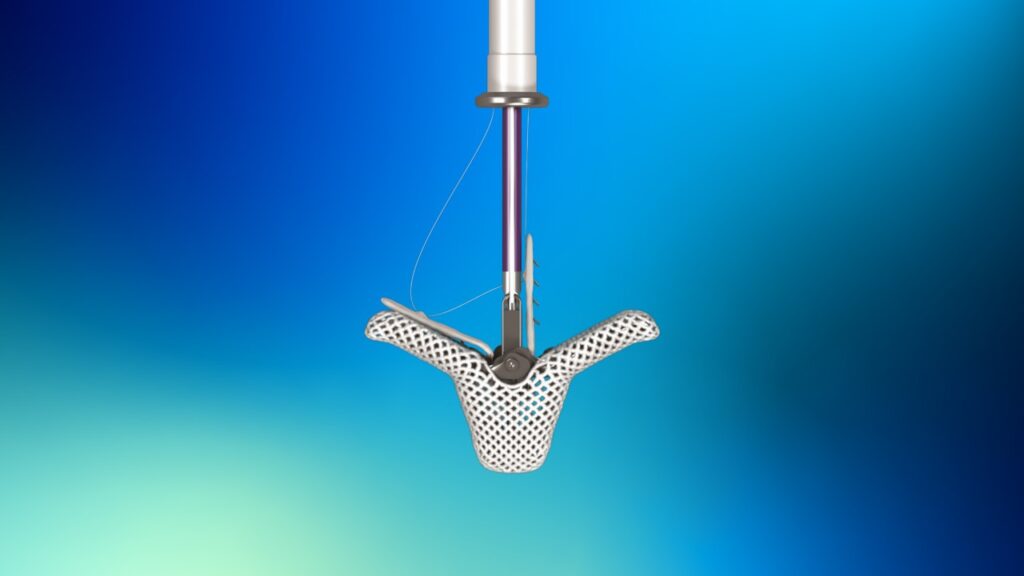Twin Cities researchers lead development on device used as alternative to open-heart surgery
For the first time ever, millions of people around the world have an option other than open heart surgery to treat a serious condition — and Twin Cities researchers played a significant role.
The TriClip device created by Abbott just got the stamp of approval from the Food and Drug Administration.
The procedure is minimally invasive and places a TriClip — no bigger than a dime — in a heart to try and stop a leaky valve.

“We have an incredible team that has made this possible,” said Dr. Paul Sorajja, chair of the Valve Science Center for the Minneapolis Heart Institute Foundation (MHIF).
Starting in 2019, the MHIF led the way during the clinical trial for the TriClip procedure. Of the nearly 70 sites participating in the trial, the MHIF had the first and highest number of patients.
The device treats people with a heart condition called “tricuspid regurgitation,” which causes the valve to leak, potentially leading to heart failure and death. It’s delivered through a vein in the leg. The procedure is minimally invasive and is an alternative to open heart surgery, which — until now — was the only other treatment.
“[There are] very many ways that the valve can affect these patients’ lives, and it’s a real positive impact,” Sorajja said about the device.
“We have patients that describe [having] skinny legs for the first time, people can put on their shorts, they can go upstairs, they can finish their meals, they don’t feel nauseous,” he added about the benefits of the procedure.
One patient, John Palka of Minnesota, received a TriClip a few years ago and he says all has been well since.
“In a certain way, it’s been life-saving,” Palka said. “I regard myself as being more than fortunate to be able to take advantage of this procedure.”
A leader behind the research and development, Dr. Santosh Prabhu, considers this cutting-edge.
“There are 70 million patients globally suffering from tricuspid regurgitation, so it’ll have a big impact,” he said.
Prabhu says there is already work underway to advance the TriClip for future patients.